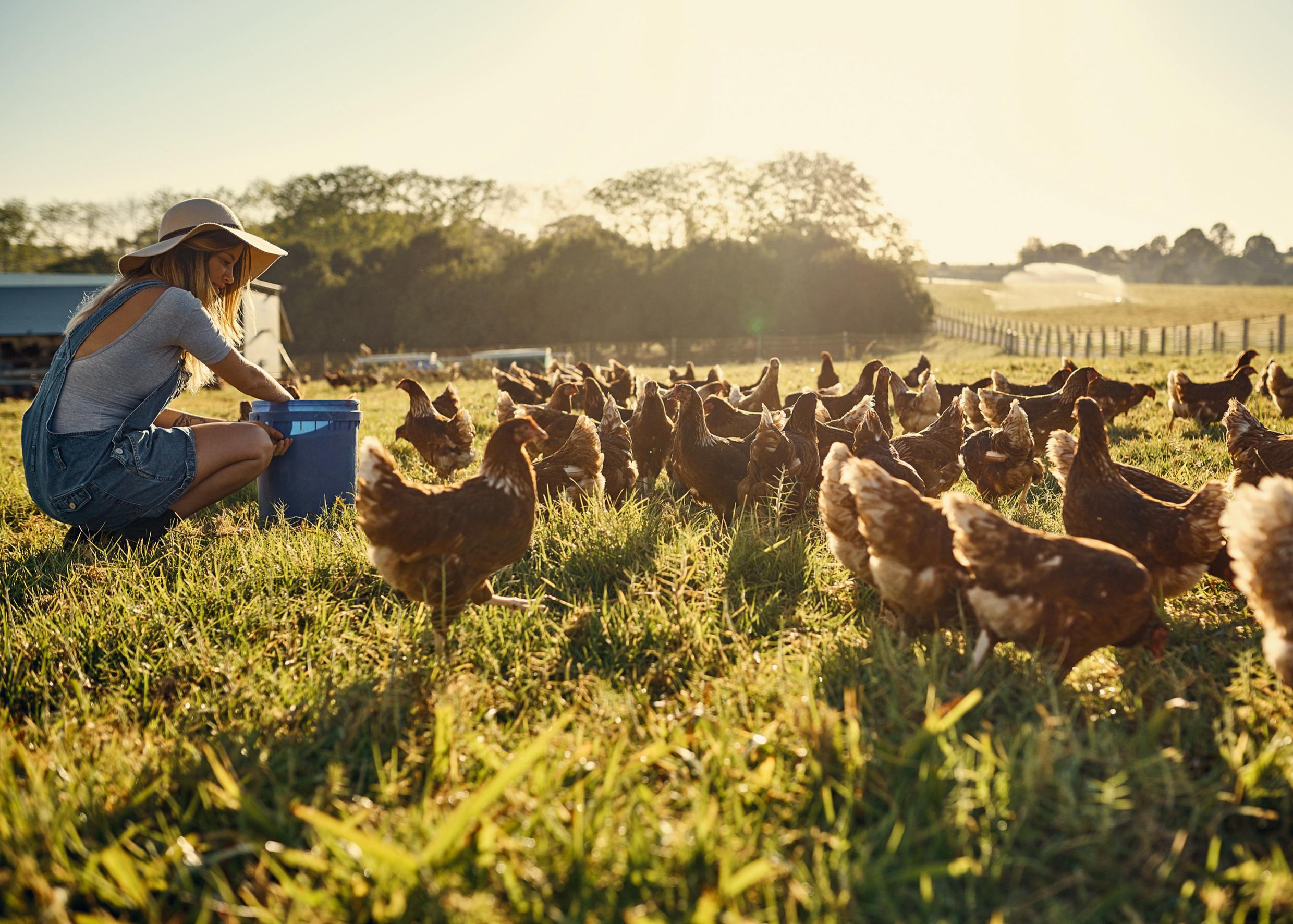



Article by: Hari Yellina
In cattle production circles, the RSPCA’s refusal to join a new animal rights alliance is seen as a move by the country’s oldest animal care organisation to distance itself from the extreme elements of the lobby. Two high-profile RSPCA executives have quit to create the new Australian Alliance for Animals, both of whom have been leaders of the anti-livestock production agenda. Former RSCPA chief scientific officer Dr Bidda Jones and senior policy officer Dr Jed Goodfellow have joined Dr Meg Good from Voiceless to form the new alliance. It claims to have a combined supporting base of more than two million people, and that it will ‘give a voice for animals that cannot be ignored,’ and that it will ‘hold decision makers accountable.’
According to the organisation, Australia’s procedures for developing animal welfare laws and policies are dysfunctional. The establishment of an independent national commission for animal welfare, as well as the introduction of ministerial portfolios for animal welfare, are among the key measures it will advocate for. Animals Australia, Compassion in World Farming, Four Paws Australia, Humane Society International Australia, World Animal Protection Australia, and Voiceless are among the organisations that have joined the alliance. Ending live animal exports has been at the top of many of these groups’ agendas, and the Alliance believes that work will continue.
The Alliance will be supported entirely by contributions from its members and philanthropic organisations, with no assistance from the government or corporations. “We are looking forward to learning more about the Alliance’s objectives and efforts as it unfolds,” the RSPCA said, declining to explain why it has decided not to be a core member. The decision, according to farm advocacy groups representing cattle producers, reflects a growing common perception that the RSPCA has been infiltrated by activists and has to be cleansed of such influences in order to gain broader community support.
Paul Brown, a Western Australian feedlot manager and former Nationals Member of Parliament who has long clashed with many of the new alliance’s members, said it looked the RSPCA was attempting to’reset’. “Certainly, that is the farmer community’s hope,” he said. “A rethinking of the RSPCA’s relationship with farmers, a shift away from the rabid end of animal welfare, and a shedding of the most poisonous elements would be a desirable result.” “A reset is in order if the RSPCA wishes to raise its public reputation as the leading animal welfare organisation.” Many in the red meat business believe the RSPCA made a huge mistake in uniting with Animals Australia on live export, and as a result, it has lost support, its voice, and funds. Mr Brown stated that Australian agriculture was highly active in proactive and positive animal welfare since farmers worked every day to feed 100 million people around the world, which was well-known and cherished in Australian society.